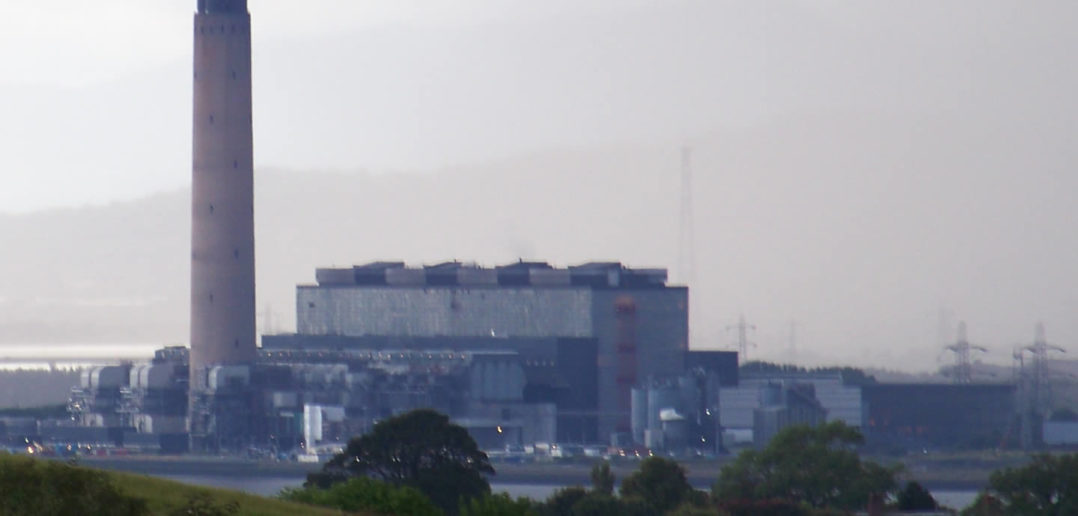Much of Britain’s infrastructure is long past its sell-by date. This is partly down to ineffective financing, a lack of investment, and a government preference for fancy megaprojects over boring-but-crucial things like the energy grid. History shows, however, that there is another, simpler reason. This is the neglect of project management, namely, the planning and construction of infrastructure projects. Nowhere has this been more evident than in the UK’s pitiful record with power stations.
Just look at Hinkley Point C. In its desire to avoid British consumers subsidising construction, and its belief that the private sector could simply build a nuclear power plant, the government has effectively handed over project management responsibilities and oversight to French state energy firm EDF. This means it now has little say in or control over any construction problems, the cost of which EDF will recoup through a very generous fixed price for the electricity the plant generates. Under the present arrangement, the British government cannot do much about the fact its flagship nuclear project is already £1.5 billion over budget and a year behind schedule.
Failure to ensure that power plants are built on time and on budget goes back much further. In fact, long lead times, engineering problems, cost overruns, and construction delays have been problems in the UK since the early 1960s. A 1963 select committee report on the electricity industry pointed out that it took five years for a station to be commissioned in the UK, compared to two-and-a-half years in the US and just 13 months in Japan. A few years later, the National Board for Prices and Income found that incomplete power stations were costing the taxpayer around £30m a year in annual interest payments alone, roughly £345m in today’s money.
Nuclear power plants were by far the worse. In the mid-1960s, the UK decided to build a series of plants using a British-designed advanced gas cooled reactor (AGR) that had never been built on a commercial scale. Construction was hampered by engineering problems, however. For example, Dungeness B station in Kent, the first AGR station, started construction in 1965 and was meant to be completed within five years. But the station wasn’t connected to the grid until 1983, and didn’t start commercial operation until 1985, 15 years behind schedule.
As early as 1969, the Wilson Committee, which was set up to examine the causes of these delays, pointed to inefficient management. Project managers responsible for overseeing construction were either incompetent or had little incentive to speed things up, and the committee recommended more authority should be exerted over them. Its suggestion was echoed that same year by the select committee on science and technology, which argued that inadequate attention on site had led to many breakdowns of power station generators.
The problem was the government did not take much heed of these recommendations. Records held at The National Archives from this period show there was little urgency among civil servants or politicians to rectify the situation. Nuclear energy was considered crucial to Britain’s energy security and industrial strategy, but much less importance was placed on ensuring that the nuclear plants were built on time. Roy Mason, minister of power in the late 60s, went so far as to obstruct the construction of a nuclear power plant to appease the National Union of Mineworkers. In fact, there seemed little realisation within government that a key to successful infrastructure project lay in efficient project management – and the the ability to construct on budget and on time.
![]() Hinkley shows that this same tendency to overlook the importance of project management still exists today. It’s just one aspect of infrastructure policy, of course. But until the government starts making project management more of a priority there is no guarantee the UK will get its infrastructure right. Funds and financing are important but what actually happens on construction sites is equally, if not even more, crucial.
Hinkley shows that this same tendency to overlook the importance of project management still exists today. It’s just one aspect of infrastructure policy, of course. But until the government starts making project management more of a priority there is no guarantee the UK will get its infrastructure right. Funds and financing are important but what actually happens on construction sites is equally, if not even more, crucial.
Tae Hoon Kim, Researcher in Energy Politics, University of Cambridge




